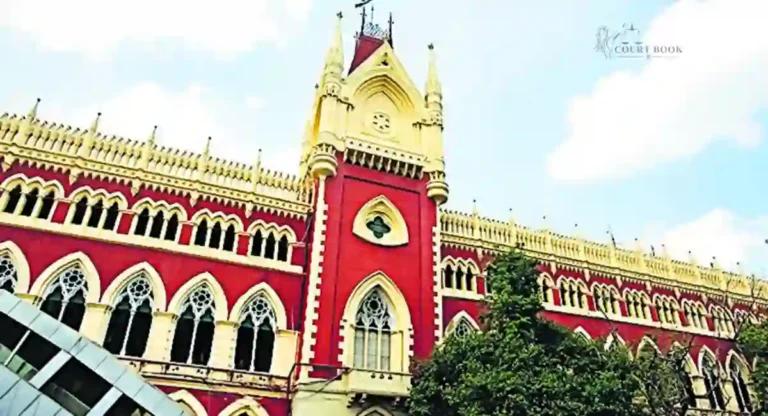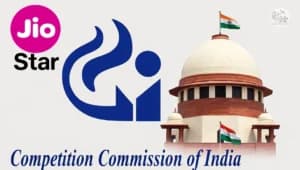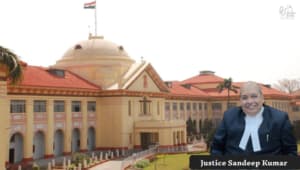The Calcutta High Court, led by Justice Shampa Sarkar, has ruled that the General Manager (GM) of Metro Railways cannot appoint an arbitrator in a dispute between Metro Railways and a contractor, citing Section 12(5) of the Arbitration and Conciliation Act, 1996. The Court emphasized that allowing the GM to make such an appointment would violate principles of fairness and impartiality.
Background of the Case
M/S Krishna Construction was awarded a contract by Metro Railways for the cleaning and maintenance of sub-stations, AV sections, pump sections, and conductor rail sections under the Deputy Chief Electrical Engineer. In November 2018, the contract was terminated. Krishna Construction claimed Rs. 54,31,514.22 was still unpaid, and the security deposit and bank guarantee were not returned.
Read Also:- Calcutta High Court Permits Suvendu Adhikari’s Visit to Waqf Bill Violence-Hit Areas in Murshidabad
The petitioner moved the court for the appointment of an arbitrator, stating that under the current law, the General Manager of Metro Railways could not appoint an arbitrator from their internal panel. Metro Railways responded that only Rs. 11 lakhs were due and that the petitioner had not completed the required formalities for payment. They also argued that refunding the security deposit and bank guarantee was not possible after contract termination.
Court’s Observations
The court noted that there was no dispute about the existence of an arbitration clause. After an earlier writ petition by Krishna Construction was disposed of in 2024, the petitioner issued a notice invoking arbitration and suggested an arbitrator.
Read Also:- FEMA Proceedings Cannot Continue During IBC Liquidation Moratorium: Calcutta High Court
Metro Railways, in a letter dated December 16, 2024, acknowledged the arbitration demand but referred to an internal procedure where the GM would appoint the arbitrator from a panel of engineers.
The court highlighted:
"An arbitrator cannot be appointed by a party or an officer of a party as it violates the doctrine of competence-competence."
Justice Sarkar stated that someone who is disqualified to act as an arbitrator cannot appoint another arbitrator. Since the GM is an interested party, they are legally barred from appointing anyone.
The court relied heavily on the Supreme Court's decisions in Perkins Eastman Architects DPC v. HSCC (India) Ltd. and Central Organisation for Railway Electrification v. ECI-SPIC-SMO-MCML (JV).
In Perkins Eastman, the Supreme Court ruled:
"If a person is ineligible to act as an arbitrator due to interest in the dispute, they are also ineligible to appoint an arbitrator."
In CORE, it was held:
"Unilateral appointment clauses in public-private contracts violate Article 14 of the Constitution, as they hinder fair treatment and impartiality."
Thus, Justice Sarkar ruled that the Metro Railways' internal panel process could not be followed unless there was an express waiver of Section 12(5), which was not the case here.
The court directed that all issues, including claims about refund, limitation periods, and justifications for the termination, should be decided by an independent arbitrator.
Read Also:- Calcutta High Court Rules Employer Cannot Change Government Employee's Date of Birth After Five-Year Limit
Accordingly, the Court appointed Mr. Nayan Chand Bihani, Senior Advocate, as the sole arbitrator. He was instructed to act independently, following the provisions of the Arbitration and Conciliation Act, 1996.
The court concluded:
"The Arbitrator shall have liberty to fix his fees as per the Act and must ensure compliance with Section 12 of the Arbitration Act."
Thus, Krishna Construction’s petition was allowed.
Case Title: M/S Krishna Construction Vs The Chief General Manager Metro Railway And Ors
Case Number:AP-COM/253/2025
Judgment Date: 22/04/2025
Mr. Bhagbat Chaudhuri,Adv. Mr. Rittick Chowdhury, Adv. Mr. Bhaskar Chakraborty, Adv. Mr. Subrata Mukherjee, Adv. …. for the petitioner
Mr. Asis Mukherjee, Adv. Mrs. Priti Jain, Adv. …for the respondents















